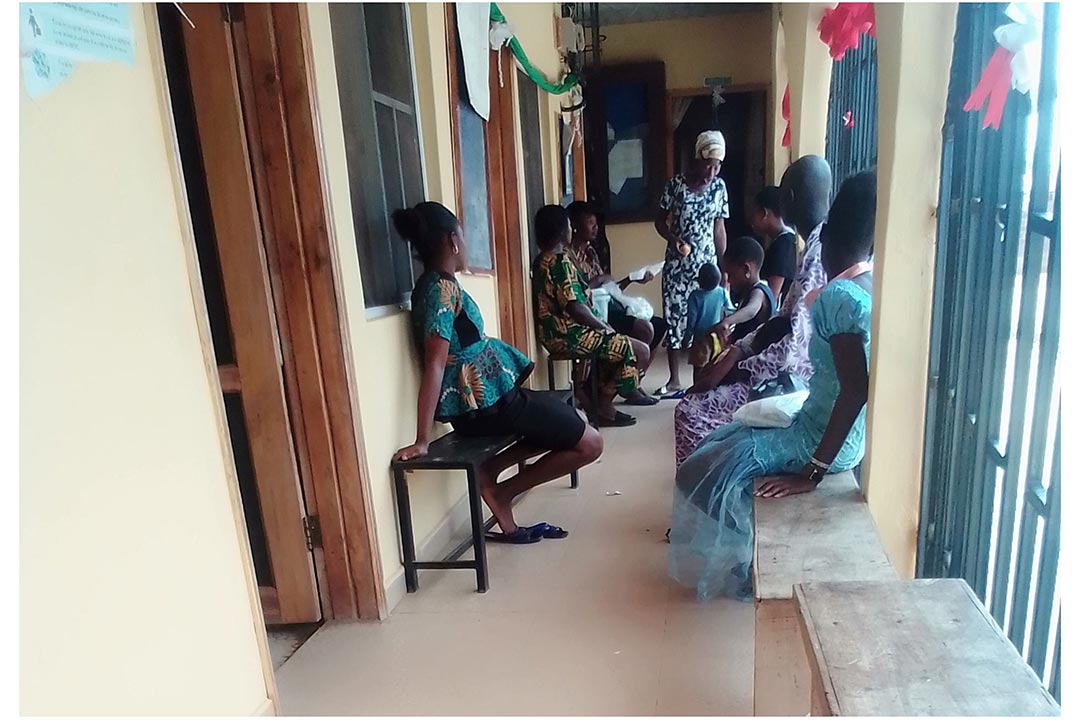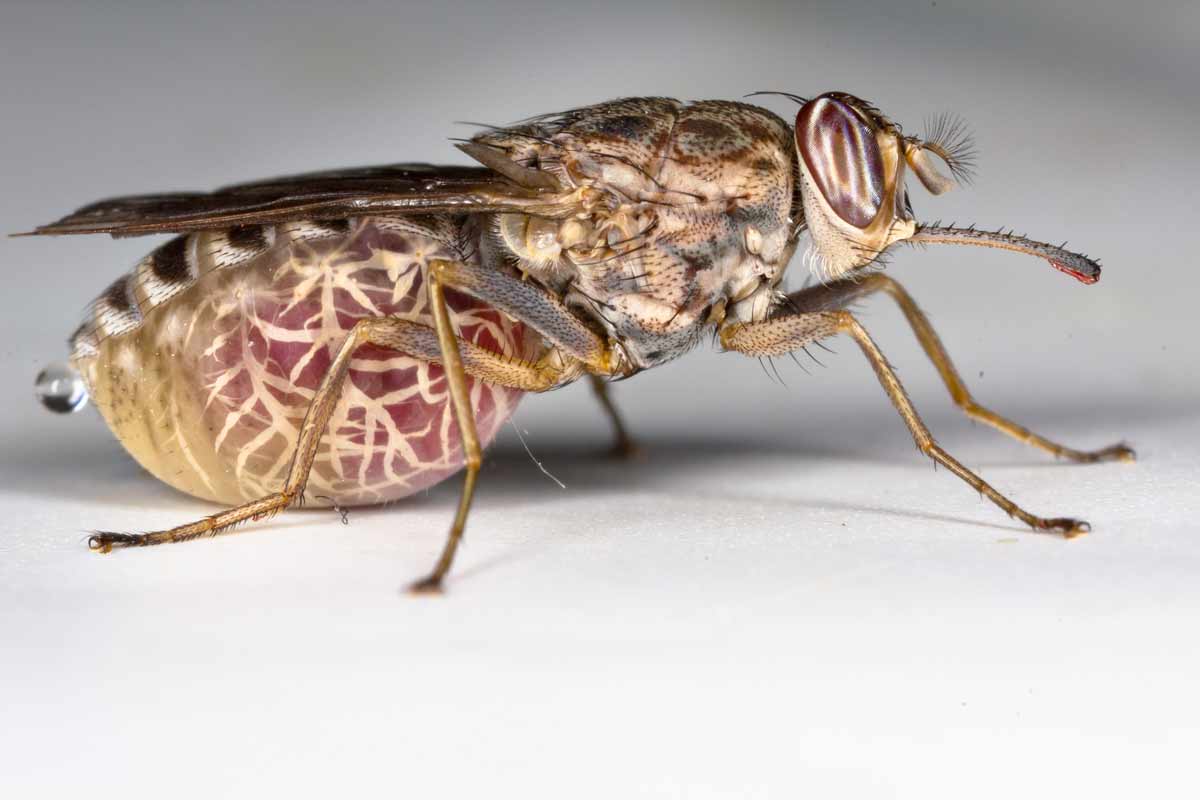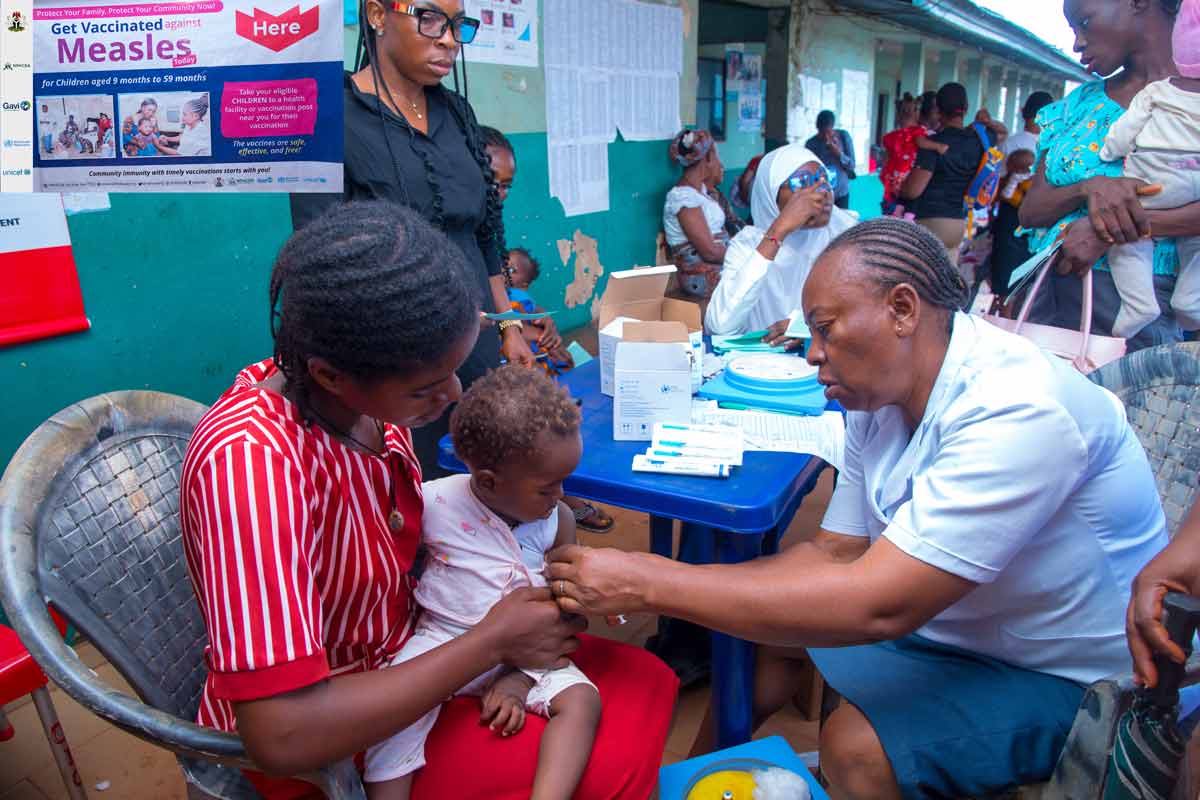How a bilharzia treatment drive in Ondo state controlled the parasite and calmed the community
It’s a disease of poverty with alarming symptoms and the risk of grave outcomes. But learning how to prevent and treat bilharzia helped this Ondo community find a new sense of confidence in the face of a parasitic scourge.
- 16 October 2025
- 6 min read
- by Adetokunbo Abiola
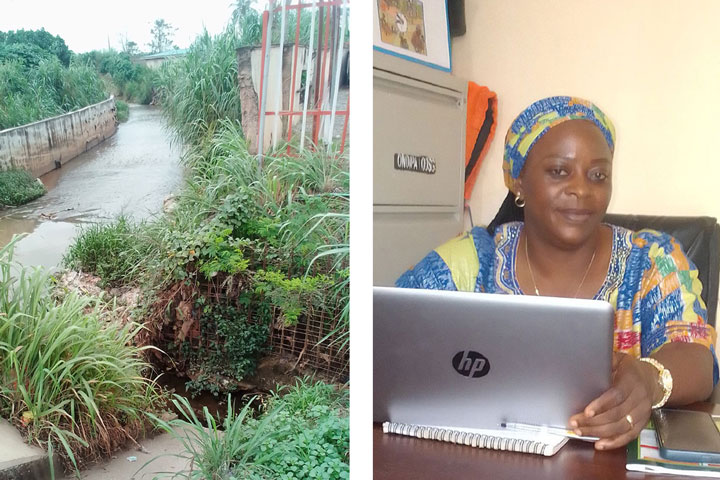
Agnes Oluwakemi was hawking cucumbers at her local marketplace in Fiwasaye one February morning in 2024, when she got word that the Ondo State Government was planning a mass treatment drive against bilharzia.
This was good news, in Oluwakemi’s book. “[Bilharzia] has been causing too much trouble in my family,” she told VaccinesWork. “It causes blood in the stool and in the urine. Many people in our town complain of the disease. When you go to the clinic, people are always there complaining about it. Many people are scared of the disease.”
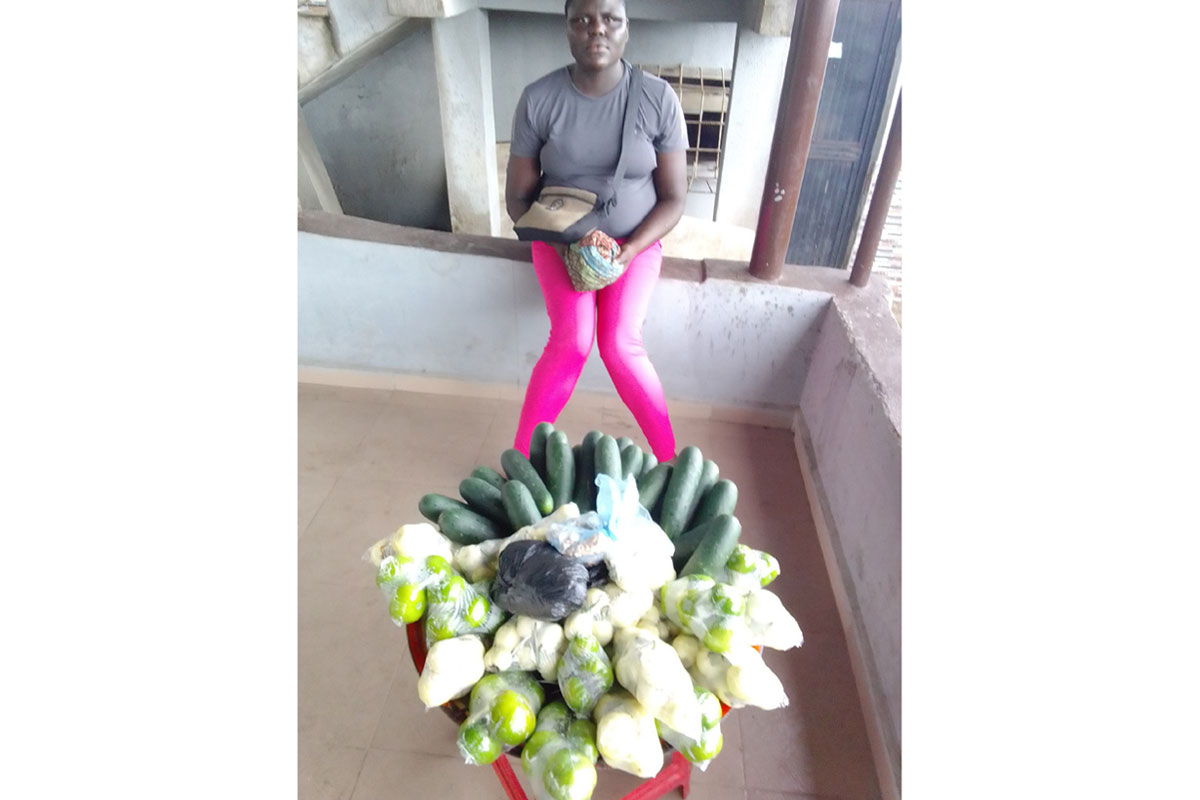
Nigeria carries the largest burden
Bilharzia – also called schistosomiasis – affects about 240 million people worldwide. Nigeria carries the largest bilharzia burden in the world, with an estimated 29 million affected and more than 100 million at risk. According to the Ondo State Ministry of Health, there were about one million cases of bilharzia in the state alone.
Symptoms of bilharzia can vary, depending on the stage of infection and which organs are involved. When the intestines are involved, abdominal pain, diarrhoea and blood in the stool, followed eventually by liver and even spleen enlargement, can occur. In urogenital schistosomiasis, blood in the urine is typical. Kidney and bladder damage can ensue, as can genital lesions, and, in women, bleeding and pain during sexual intercourse. In some cases, patients are rendered infertile. While research is underway, the bilharzia parasite is a very complex organism, and consequently, a vaccine against it remains elusive. It its absence, treatment with anti-parasitic drugs is the best option for disease control.
Just a day after Oluwakemi heard the news, the Ministry of Health began carrying out treatment in 13 local government areas.
“Infected people in Ondo State were too many, and they suffered a lot,” said Dr Stephen Fagbemi, the Director of Public Health at the Ondo State Ministry of Health. “Bilharzia was one of the neglected tropical diseases – neglected because it affected poor people in rural areas. The Ondo State Government felt such people must be treated. This was the reason behind our intervention,” he told VaccinesWork.
Something’s in the water
That February alone, more than 2 million people in 700 communities across Ondo received treatment. Olanike Oladipupo, Ondo State Coordinator for Neglected Tropical Diseases, was one of those in charge of the operations.
“Bilharzia results when people come in contact with contaminated water. It’s caused by snails living near freshwater – not salt water. The infected snail pours its eggs into the water. When people visit the water, the eggs enter their bodies through the skin, and migrate to the urinary tract. The infected person urinates blood into the water. People who swim in it now have the disease. It can cause cancer of the bladder and kidney. It can also cause infertility, especially in women.”
In the absence of a prophylactic, and in the presence of high rates of disease, the health system’s best bet has been treating speculatively with praziquantel, an antiparasitic medicine. Oladipupo says the target populations are determined by disease rates: in high-endemic zones, both school-age children and adults are treated. In moderate-endemic zones, the treatment is limited to kids between 5 and 14 years of age.
Have you read?
"We had a few challenges,” Oladipupo recounts. “People had misconceptions about the disease and praziquantel, its treatment. There was a lot of misinformation. People in some local government areas saw the passage of blood in the urine as a sign of maturity. Some thought it was caused by witchcraft. Some believed it could not be cured by modern methods. Others saw the treatment as a way to curb population growth, others had apprehensions about the side-effects. So before the intervention, we carried out a five-day sensitisation campaign.”
Persistence paid off. “I can say we’re winning the war against bilharzia,” she reported “Before, we had 13 local government areas where the disease was endemic. Our treatments in schools and the communities affected reduced the statistics to nine local government areas.”
At Jobarteh Community Health Center, just 400 metres from the Ala River, health officer Elizabeth Alli agrees. “Bilharzia has truly reduced. In this facility, we used to have 10 to 15 cases of the disease in a month, but now, we have two cases, sometimes none at all. It’s as if people are more aware of the dangers related to the disease. They take preventive measures, and the treatments are readily available here for sufferers,” she said.
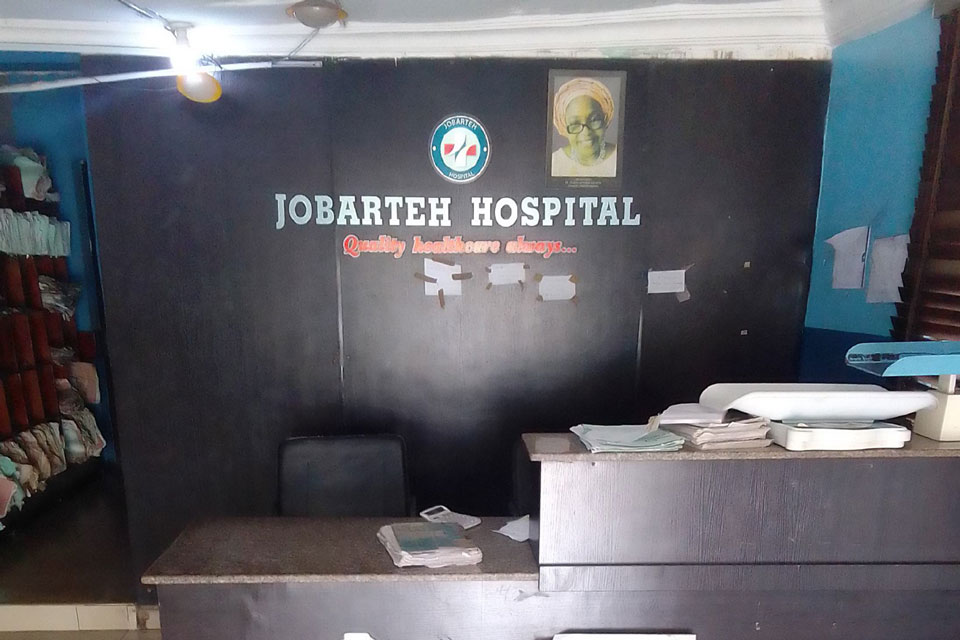
We’re no longer scared
Oluwakemi, the cucumber hawker, said her daughter was among the school-age children treated. “Now we’re no longer scared of it,” she said.
In 2025, the state health system has continued the fight against bilharzia and other neglected tropical diseases.
“We have continued to distribute drugs to the 18 local government areas of the state to prevent the disease. We also urged people to key into the prevention and treatment initiatives put in place by the state and federal governments,” said Dr Adeniran Ikuomola, Permanent Secretary, Ondo State Ministry of Health, crediting international partners for their support.
A sense of control
Tosin Adegbite, a motor dealer from close to the Ala River, said many people’s fears about bilharzia have been reduced – not because the illness has been eradicated, but because the availability of treatment and presence of awareness campaigns have given them a sense of security.
“Many people in this state have been taken down by the disease. I know of a friend who suffered from bilharzia. It’s not a pretty story. But with these treatments and awareness campaigns, we’re no longer scared.
“We were told during the campaigns to stop going to the river to bathe. We were advised to use latrines instead of going to streams and rivers. We were told to avoid open defecation either on land, water, or bushes, because when rain falls the eggs of the snails can flow into them. Since then, I try to ensure using only safe and reliable water. I do all these things, as well as make my environment clean,” Adegbite, a father of three, told VaccinesWork.
Other locals told us that prevention lessons have travelled by word of mouth. Simiyu Ganiyu, a mobile money operator, heard about the government’s bilharzia drive on the radio, and he advised his customers to step up for treatment.
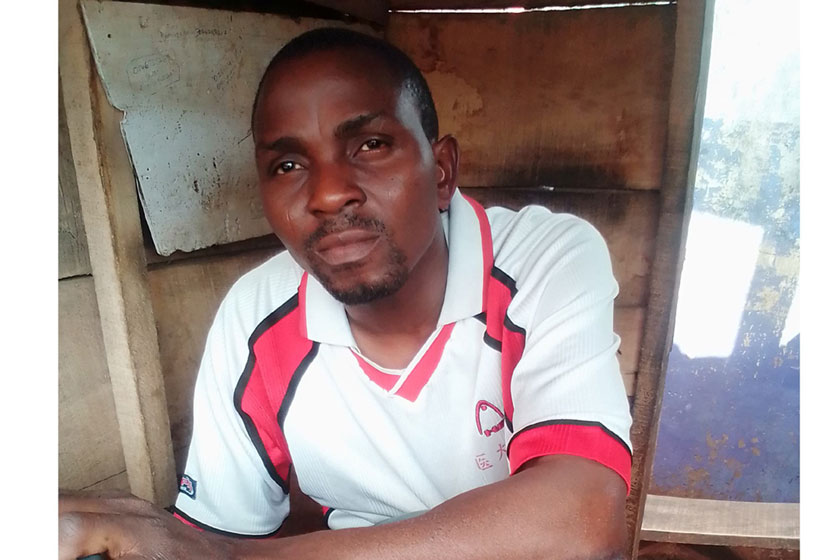
“I have seen first-hand the evils caused by bilharzia. It almost wrecked the life of one of my nieces. It was God that saved her. Since then, when I hear about bilharzia I always listen very carefully.
“A lot of people come to my shop here to take money or send money. Many of them have become friends, after coming here for a long time for their transactions. They respect me. When we talk about bilharzia, I tell them to take their children for treatments.”
